Season 10.2 "What things could we do differently to reduce climate change?"
A recognition to @eco-alex for bringing us every week themes that allow us to leave the best of us.
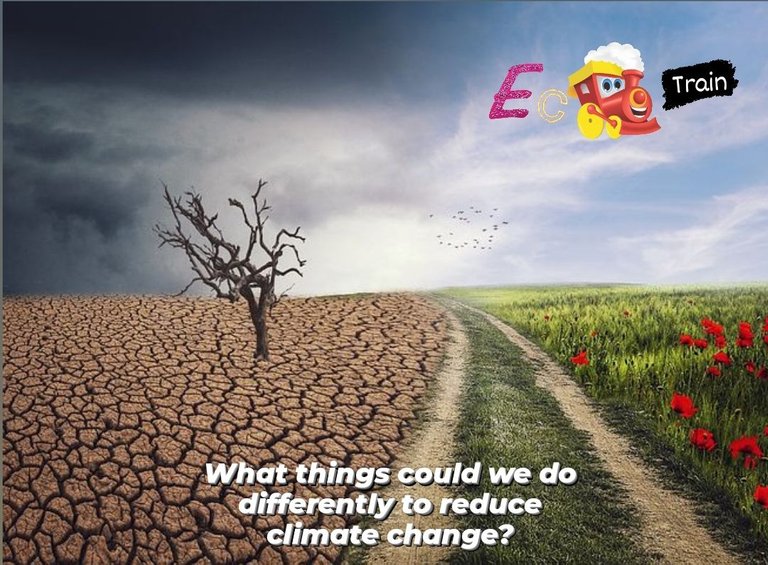
For me it is clear; we have arrived at a great and inescapable crossroads: human beings and the ecosystems of our planet, the Earth,we are threatened with absolute degradation, in some cases, and definitive disappearance, in others.
We will not be able to escape the consequences, more than those resulting from climate change; those caused by our industrial civilization - now almost three hundred years old -
Our inescapable crossroads is the need for a civilizational change.
The use-to-quickly-dispose society has to end. Our products cannot continue to be manufactured under the criteria of planned obsolescence. The paradigm must change; our objects and equipment, manufactured in our factories and industries, must improve through ecological technologies, which make them durable and environmentally friendly - without preying on or degrading ecosystems, in any of the phases of their production and distribution chains -
There will be no improvement in climate change or in the degradation of ecosystems accumulated on our unloved planet. And these accumulated damages are not going to be reversed in the coming centuries. Future generations will sufer and regret our negligence and insensitivity.
This is not an individual responsibility: almost three hundred years of collective responsibility, of our prosperous, amazing and efficient industrial society.
Perhaps a resounding pessimism can be interpreted from my words...
Well no !!!
On the contrary, of course we can do something - and perhaps a lot - to improve future prospects.
Let's start by being consistent:
If we want our world to stop getting worse - before and during - we would have to build, preserving a refuge of internal well-being; with a flame of truth and goodness, authentic, that radiates abroad.
As I write these words; it is not very difficult that, after paying to raze a forest, someone is celebrating because he obtained great profits.
The long list of atrocities that continue to be perpetrated against the biosphere cannot be suppressed with mere good intentions or good individual behavior.
But they are necessary to identify us, to communicate with us.
To spread our message.
A new paradigm of civilization is what our planet requires.
This new civilization needs to be founded on the defense of life as a whole.
It would be naïve to think that these new ways of doing things will emerge overnight. Successful experiences are needed, carried out by human groups that ostensibly benefit; and then other communities emulate them. In this way, little by little, a new civilizing process is being generated: through successful experiences that work.
It is feasible that in later decades of this century we can already count on promising advances.
Clean technologies, such as hydrogen fuel cells, will provide a more environmentally friendly means of power generation.
But; if for said fuel cells, the required hydrogen production pollutes or degrades ecosystems, then; such a productive process would not be oriented towards the defense of life.
It is clear to me that clean technology is an important first step, essential, but it is not enough; it is necessary that in the future we establish institutions, with sufficient power, to protect life, as a whole.
The damage that we have already caused to our biosphere may take millennia to be repaired.
Nor can the world population continue to grow indefinitely. We will have to do something about it; without this implying any form of extermination of human beings or coercion of individual freedom to have offspring. Having fewer children may be the way to compensate for the damage we have caused to life on the planet.
We may also have to create other habitats for ourselves; such as, for example, building cities in the middle of the sea, to allow forests and large herds of wild animals to predominate again on our continents.
I am sorry to say that in the relatively near future, in the space of two or three generations, there will be very little range of action that we, as individuals, will have in protecting life under threat on the planet.


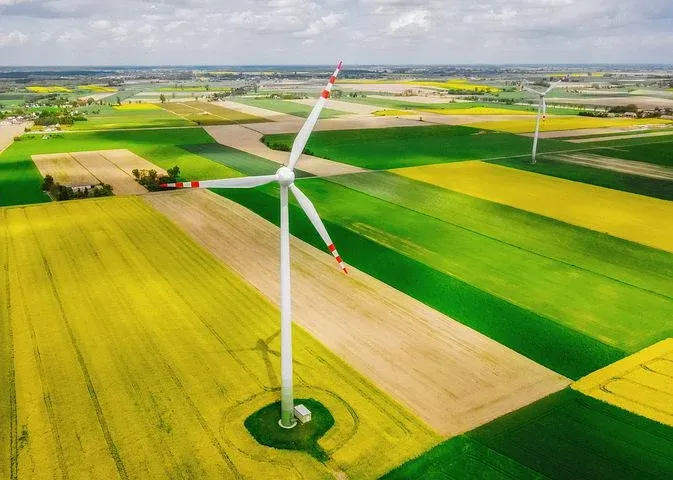
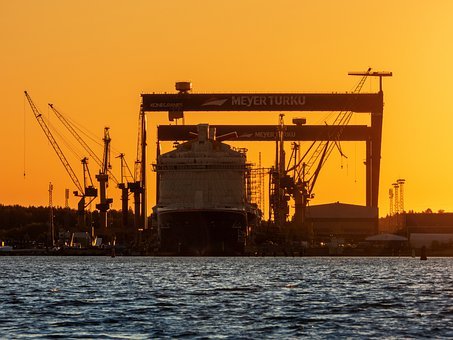
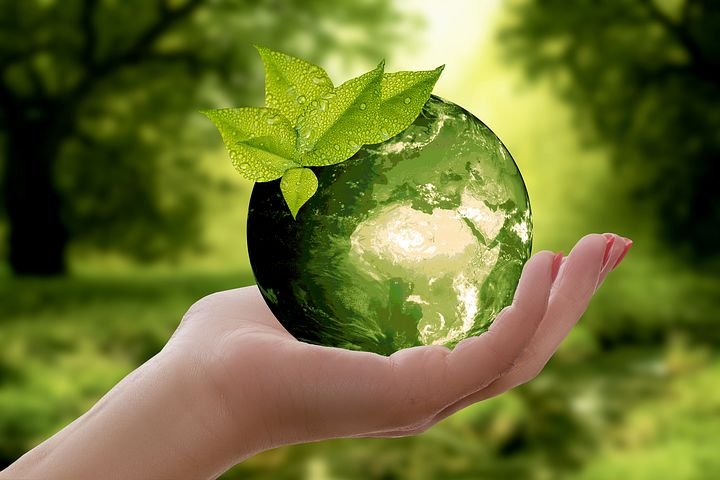
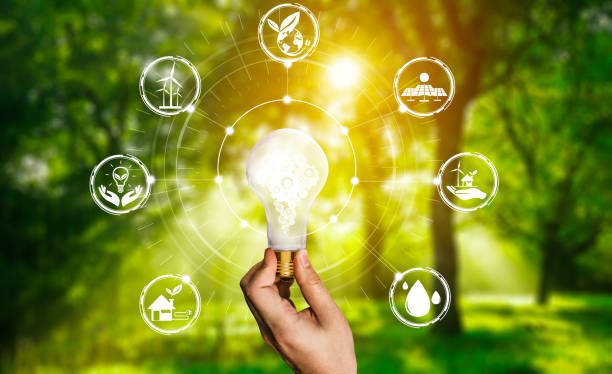
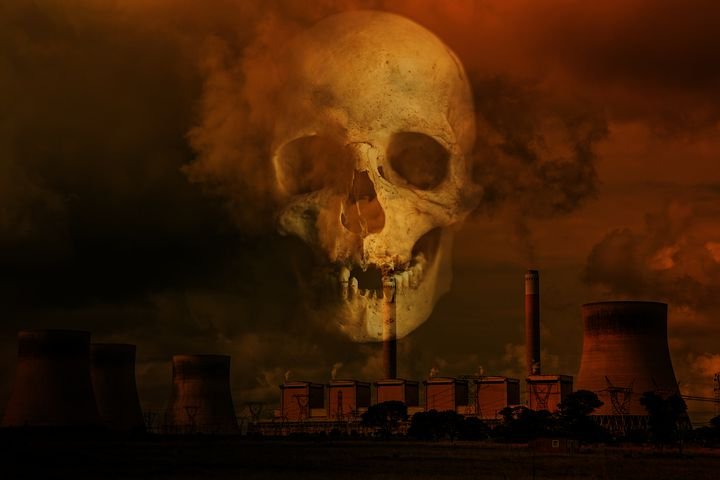
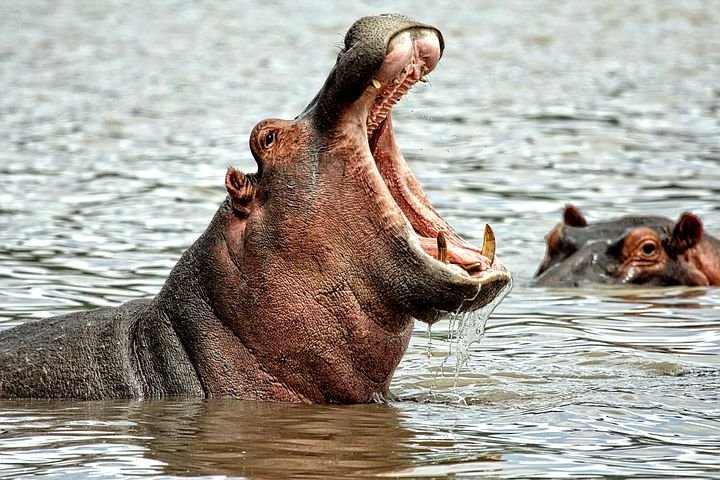
I really appreciate your thoughts and opinion on this which is really helpful to learn from to reduce climate change but the truth be told for we to really achieve that goal of reducing it, we need to work together in that direction to make it happen by protecting every part of it that is useful in our lives and I believe it will helpful to protect our environment and to reduce change as well.

It’s so true; we’ve already committed atrocities. WoW, that’s powerful! You’re also correct in saying that we must take drastic action and we must do so immediately; if we don’t future generations will suffer abominable. Our manufacturing focus must also change to foster a culture of durability (you’re right on the mark there). Thank you for posting your well written, carefully thought out article in the EcoTrain community. 🤗❤️💕💕
Scary, but true
So many atrocities that we do not even care but do what pleases us alone without minding others. The truth is that we can't do it alone but with collective efforts, we can bring changes in the reduction of climate change. Thank you for sharing.